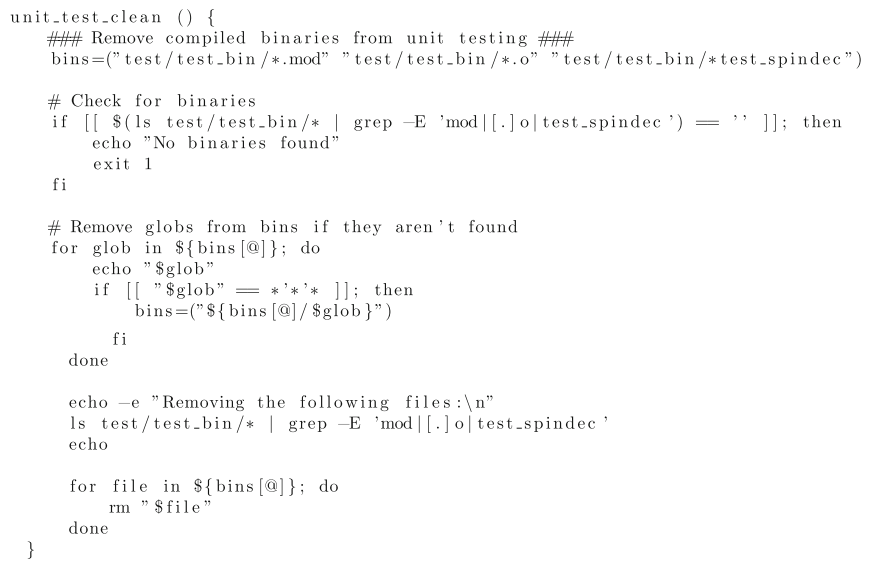EPJ Plus Highlight - A guide for early-career researchers in computational science
- Details
- Published on 03 May 2024

A new article offers a valuable guide for new graduate students starting out their careers in computational science.
In recent years, a growing number of students have embraced scientific computation as an integral component of their graduate research. Yet since many of them are new to the field, they often have little to no coding experience, or any prior knowledge of computational tools. For many students starting out in the field, this can seem daunting, and leaves them unsure of where to start.
In a new article published in EPJ Plus, a team led by Idil Ismail, a current graduate student at the University of Warwick, UK, present an introductory guide to the field for researchers embarking on new careers. The team's work will help new graduate students to navigate the complexities of scientific computation science as they begin their journey in computational science research and could ultimately help the wider field to become more transparent and inclusive.
Modern computational science is now being used in a wide array of subject areas: including mathematics, physics, chemistry, engineering, and the life sciences. Yet despite their many differences, these different branches of the field share many of the same techniques, which graduate students will need to learn regardless of the area they decide to pursue.
In their article, Ismail's team aim to highlight the universal skills, themes, and methods widely used by computational scientists. In nine carefully structured sections, they cover a broad spectrum of important techniques: including scientific programming, machine learning, and Bash scripting, With its approachable and instructive tone, the article is not intended as an exhaustive guide. Instead, it acts as a useful starting point: signposting readers to more in-depth sources, and encouraging them to expand their knowledge by seeking out information for themselves. Altogether, the team's work will help early-career computational scientists to build a toolkit of indispensable skills, and will be a valuable resource for any graduate student entering the field.
Ismail, I., Chaudhuri, S., Morgan, D. et al. Eat, sleep, code, repeat: tips for early-career researchers in computational science. Eur. Phys. J. Plus 138, 1094 (2023). https://doi.org/10.1140/epjp/s13360-023-04732-5





